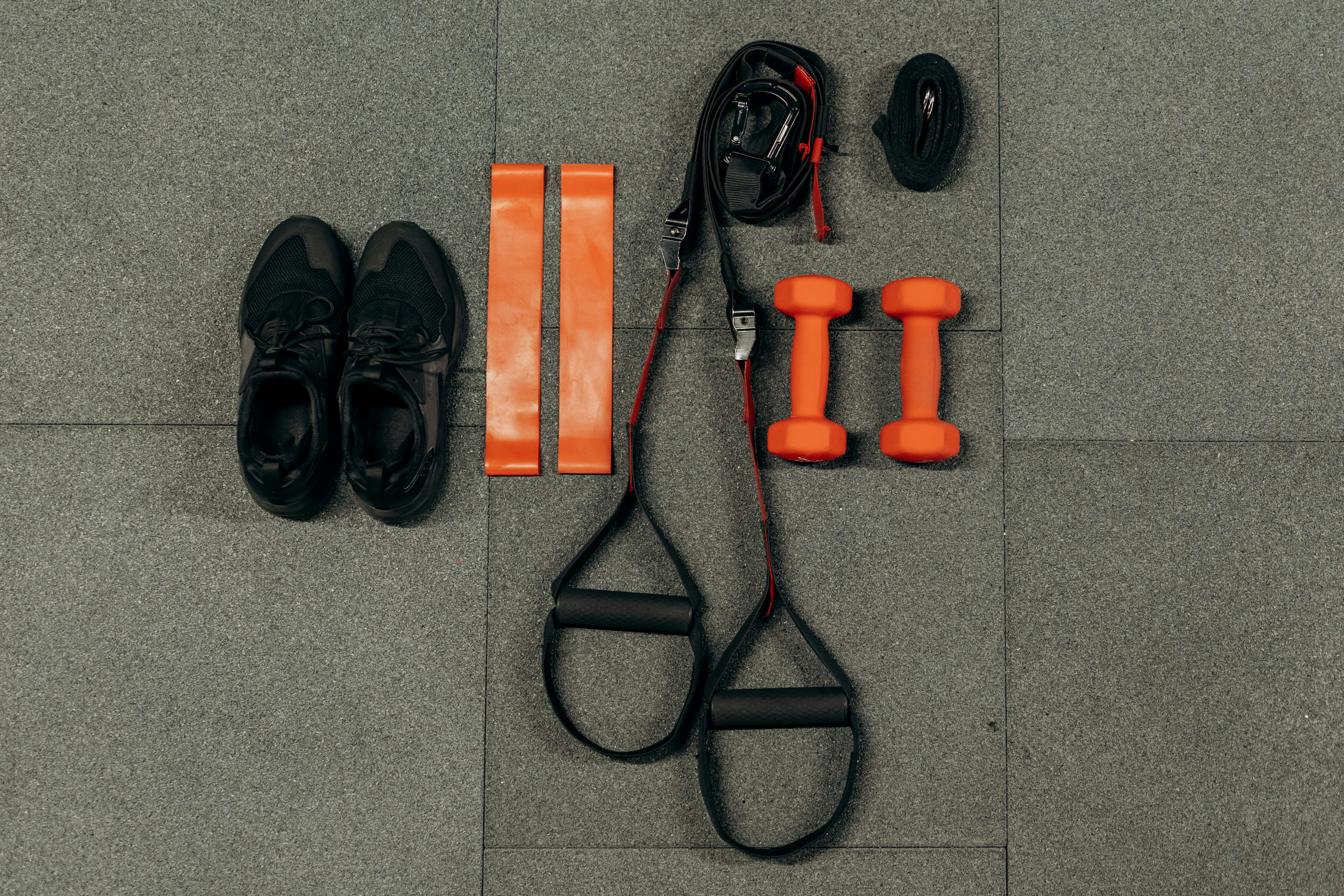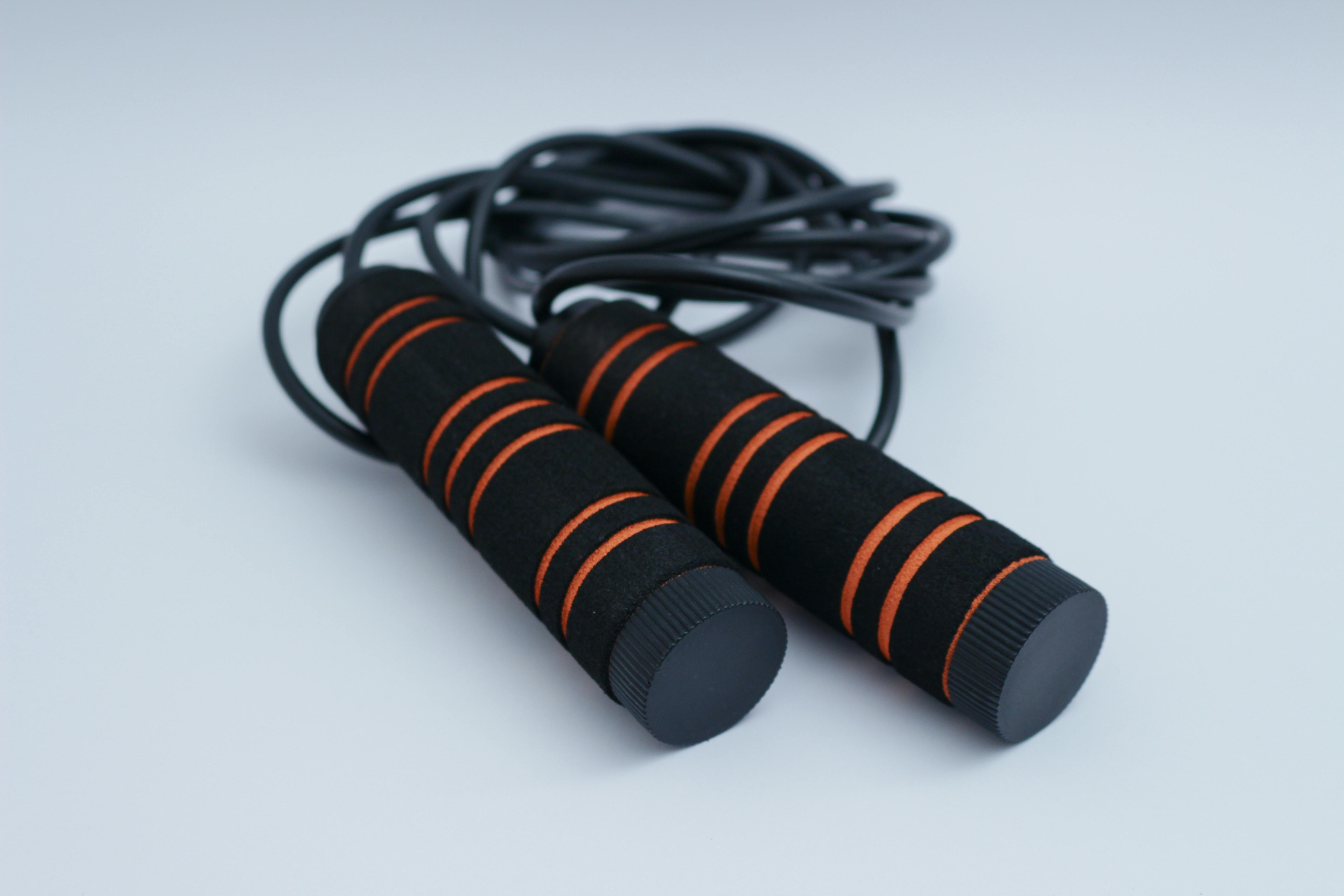Stress is a word we use almost every day. We emphasize finances, employment, family life and much more. We hear terms like work stress, family stress, etc. but do we know what stress is?
The word “stress” was coined by Hans Selye in 1956. During his experiments on the “General Adaptation Syndrome”, Hans discovered a physiological reaction of the organism to different “agents”. From a physical perspective, “Stress” is the amount of pressure or demand an object can withstand before it bends or breaks (This is exactly how we feel when we’re under a lot of stress).
Symptoms
The symptoms of stress can manifest psychologically and physiologically. People with high levels of stress may experience cognitive, emotional, behavioral, or physical symptoms. Cognitively, we may begin to have memory problems, anxiety, poor judgment, or an inability to focus. Emotionally we can feel grumpy, “nervous” or impatient. Behavior, we can lose sleep, our eating habits can be affected or we can procrastinate.
Finally, physical reactions can be headaches, tension, shortness of breath, weight gain or loss. All of these reactions can occur based on how we react to our environment. While stress is inevitable, we can learn to manage it. Our reaction to any situation (positive or negative) can have a direct impact on our stress level. In psychology, we call it the stimulus-response (SR) theory.
Consequences for your health
Stress can deplete your body of many resources. When our body is on high alert, the sympathetic nervous system activates many hormones, including adrenaline, to form a reaction commonly known as the “fight or flight” response. No organism can be in a constant state of alert. When the body is exposed to stress over a long period of time, it begins to affect the heart, immune system, organs, and much more.
So how can we reduce stress? Here are seven easy tips to help you manage your stress.
Stress happens!
Understand that no matter what stage of life you are in, stress will occur. The goal here is not to avoid stress entirely, but to learn how to manage it. It is always a good start to assess how stress affects us individually. Learn the signs. Are you eating more or less? Do you have trouble sleeping? Are you procrastinating? Evaluate your situation and your reaction to the situation. Be aware of the signs and accept the situation.
take the control
While some situations are more difficult than others, we have a choice in how to deal with each situation. As mentioned above, stimulus-response has a direct impact on how difficult each situation is for us. The main goal here is to understand that you are not a bystander in the situation. You are the main character and you must act like it. Evaluate your options, create a plan, manage your time, and reevaluate your options. Most people under stress feel helpless and hopeless. By taking control, you will determine the outcome of situations.
Breathe
Whenever you feel like you can’t handle a situation, it’s good to take a few minutes and just breathe. Stress makes our blood pressure go up and we can feel like the walls are closing in on us. If we take a few minutes and focus on breathing, we can refocus our energy on solving the problem. It is important that our body learns what it feels like to be relaxed. Breathing exercises help you remember those “Good old days!” Coping.org is a useful website that provides you with some relaxation scripts.
Meet with friends
It’s amazing how we forget the importance of a good social network. Friends help us put things in perspective. Plus, they’re outlets for our rants. When was the last time you had lunch with someone close to you? Call them and make plans. During your getaway, forget about your worries and enjoy their company. Being with friends gives you more energy to face your problems. Also, you never know where solutions might be found. If you’re shy, you should read “3 Steps to Reduce Social Anxiety.”
get a hobby
Starting or continuing a hobby helps you take your focus away from stressful situations. You can occupy your mind with pleasant things. Hobbies give you something to look forward to, day after day. Additionally, hobbies can help you connect with others and gain perspective. There are many hobbies to help you get started.
working out
First of all, exercise improves mood. Exercise releases chemicals in your body (endorphins) that improve your overall mood and reduce stress. It also helps you control your weight, improve your appetite, and sleep better. Those are the symptoms that are affected by stress. Also, exercising regularly gives you more energy to face any obstacles.
seek help
Finally, if you feel things are getting out of hand, seek help. No matter what your situation is, there are always institutions, companies or people willing to lend you a hand. All you need to do is arrive. The main point is not to wait until the last minute to act. The longer you wait and let the situation get worse, the more difficult and longer it will take to solve your problems.
Stress is something that will never go away. Learning to reduce and control it will help your overall mental and physical health. Find the things that work for you and use them to your advantage. Life is too precious to waste. Go ahead and grab the “bull by the horns”.




